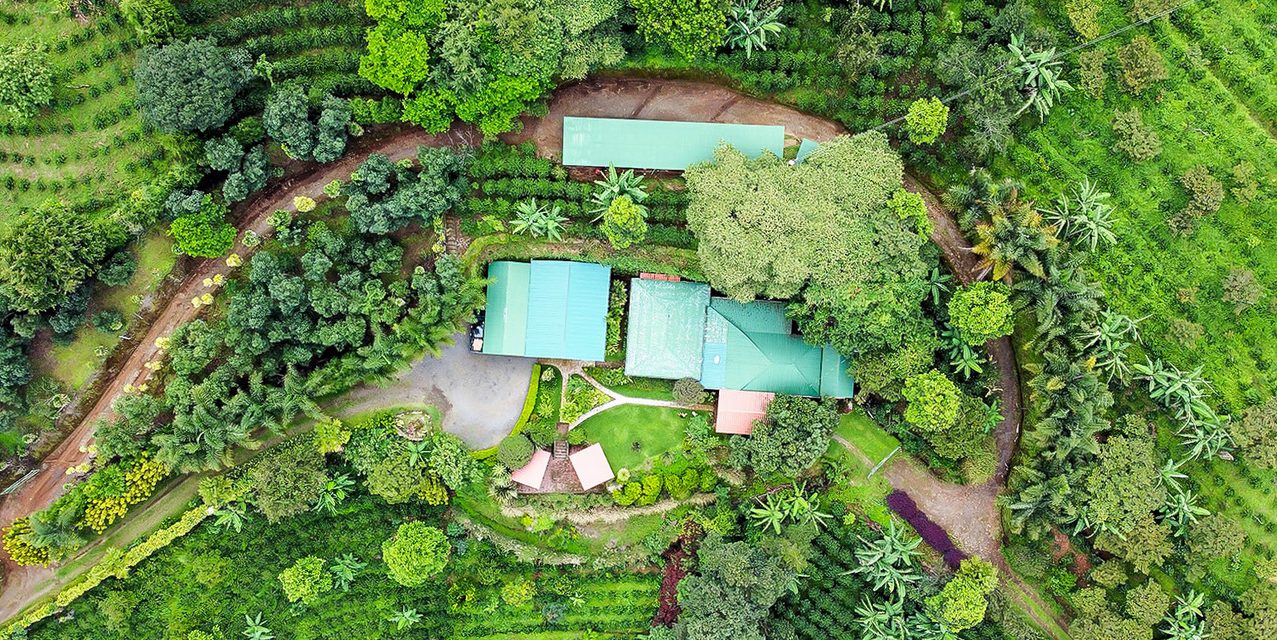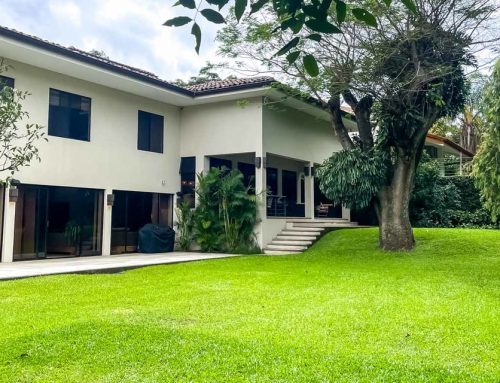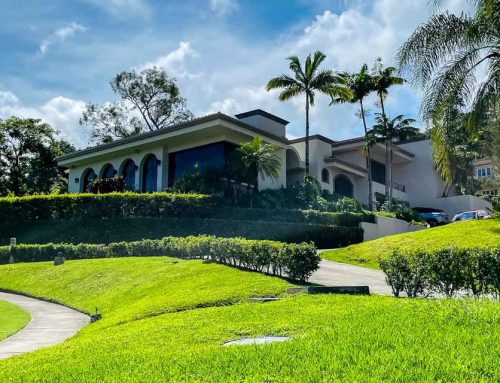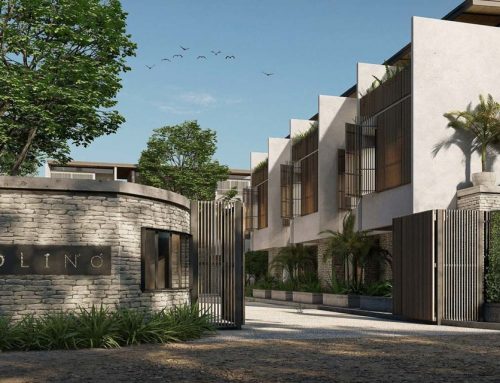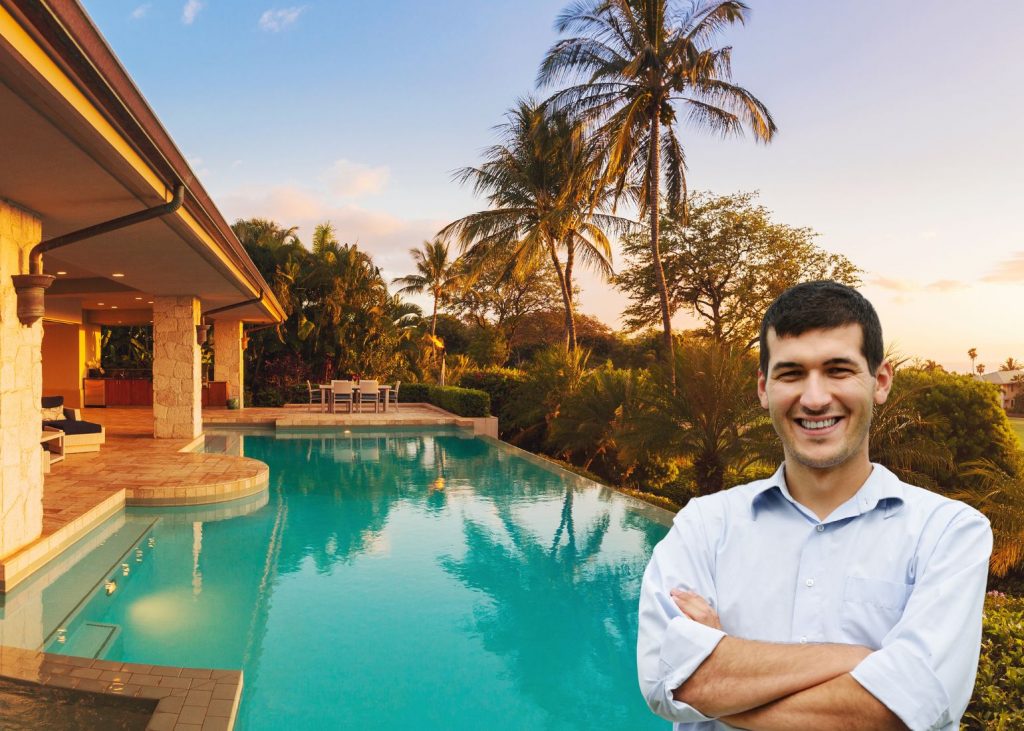In Costa Rica there are different options to invest when it comes to farms. Each of them is unique, with special objectives and needs; however the investment trend is increasingly leaning towards sustainable and self-sufficient farms. These models seek to take advantage of all natural resources, from solar energy, water, forest, human and animal resources, to generate capital. In other words; These farms destined for technical-agricultural production generate income independently from the different uses that they allow to explore.
By using all the resources in an integral way, the space becomes scenario of sustainability production, conserving the property and increasing profits. Some of the main characteristics of this type of farm are;
- Provides a healthy lifestyle and well-being
- Benefits the soil, pastures and animals
- Conserve resources, increasing their useful life over time
- Benefits the resilience, productivity and stability of natural environments
- Promotes stable productive supplies over time
- Avoid degradation and pollution
A sustainable farm produces almost everything it needs, avoiding external inputs and generating more income for its owners.
What makes a farm sustainable?
For a long time, agriculture was thought of as an activity of production and exploitation of the environment, however, over time, the importance of working in a conscious and responsible way in the field of agricultural production has become necessary.
Sustainable agriculture is a concept that involves the economic, social and environmental aspects in an integral way, maximizing the benefits in the medium and long term. All the components of a farm are interrelated, the ideal is to respect the needs of the crops and make a responsible use of resources. There are many utilities that can be obtained from these production models; Some external factors can directly influence such as climate, altitude and location, however efforts can be directed to responsibly exploit natural resources, generating capital throughout the year, protecting the land and production to avoid deterioration.
Some practices that make a farm sustainable are:
Crop diversification: This does not refer to growing many different products but to the genetic diversity of the same species. The same crop can have genetic variations that allow it to produce higher and better quality. The greater the genetic variety, the lower the need for exposure to pesticides and therefore economic losses.
Green businesses and ecotourism: Sustainable farms allow a part of the resources to be allocated to alternative activities for production and that generate economic income at a very low cost. Ecotourism activities create spaces of harmony with nature, benefiting the health of those who practice it and functioning as economic incentives.
Conservation of biodiversity: The farm must be a refuge for natural life; Contrary to what is thought, making use of certain animals such as bees and other pollinators will create better plantations and therefore more product quality. Animal resources are less expensive and more beneficial than seeking to avoid them with agrochemicals and pesticides.
Cattle farm of 41.3 hectares, is located in San Miguel of Bataan in Matina, Limón.
Just a few minutes from the town center and bordered by the San Miguel River, the paddocks rise to the south, generating a pleasant climate with views of the nearby mountains of the Punta de Lanza Indigenous Reserve. The pastures of the Altos de San Miguel farm have access through a perimeter public street, which facilitates the attention and care of the animals in development and fattening.
Each paddock has its own waters provided by small natural streams. Due to its height and climate, the pastures remain available for livestock all year round. Another alternative offered by the Los Altos de San Miguel farm is the development of a potential reforestation project with fast and commercial wood, or native wood to shape and join the existing natural forest blocks.
It is an excellent investment opportunity!
This farm is an incredible investment opportunity with financing of up to 80%. It has all the necessary characteristics to be a sustainable farm that generates income 365 days a year, hand in hand with coffee production and ecotourism.
It is located in a strategic point in the upper area of Tilarán, Guanacaste, where there are no more coffee farms, so its appeal is greater. It has high quality coffee plantations that give harvest once a year, however its location within an area of high traffic of tourists from Monteverde, Guanacaste and San Carlos, makes ecotourism a stable source of income.
Some of the selected coffee varieties are: Arabica, Marseleisa, Obata, Caturra and Geisha, which thanks to the altitude, soil, temperature and rainfall of the area, are a stable and quality production.
This farm also has pollinating bee hives that help to produce in a sustainable and natural way, so that the coffee crops have a better position in terms of quality in the market.
If you are a foreign or national investor interested in sustainable farms for agricultural production and development, do not hesitate to contact our Nativu Fincas advisor: Alfonso Sancho.


